Understanding every symbol on the Ford Kuga’s dashboard keeps you, your passengers, and the car safe. Lights tell you when to stop, when to schedule repairs, and when systems are simply active—avoiding costly damage or roadside breakdowns.

Quick Navigation
Red Lights (Stop Immediately)
Engine Oil Pressure
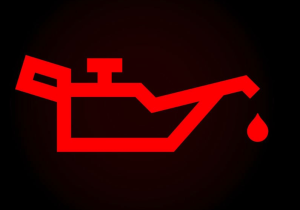
Low oil flow or overheating. Pull over, switch off engine, check oil level; call a mechanic if light stays on.
Engine Coolant Temperature
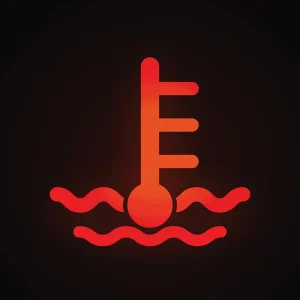
Engine too hot. Stop, let it cool, check coolant; do not drive until temperature drops.
Brake System
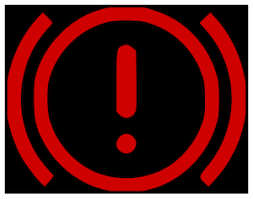
Parking brake on, low fluid, or hydraulic fault. Park safely, check fluid, get professional help.
Battery Charge
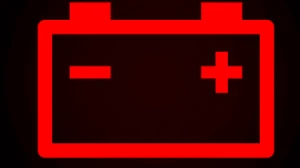
Alternator or battery failure. Turn off extras, drive to workshop before power is lost.
Airbag / SRS

Airbag or seat-belt pretensioner fault. Safety system at risk; visit dealer immediately.
Powertrain Malfunction
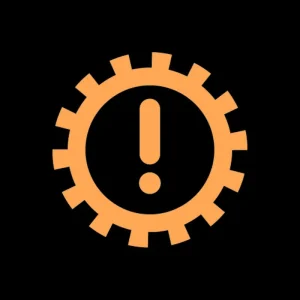
Serious engine or transmission issue. Reduce speed, stop soon, and seek diagnosis.
Steering Failure

Electric power-steering loss. Steering feels heavy; stop when safe and arrange repair.
Transmission Overheat
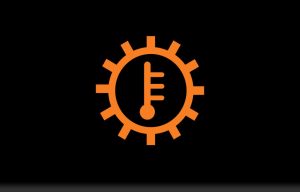
Fluid too hot. Pull over, let gearbox cool, avoid heavy towing until fixed.
Low Brake Fluid
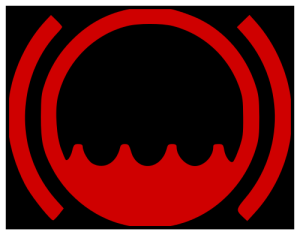
Reservoir below minimum. Do not continue; top up or call recovery.
Seatbelt Reminder

Driver or passenger not buckled. Stop and fasten belts before moving again.
Door Ajar
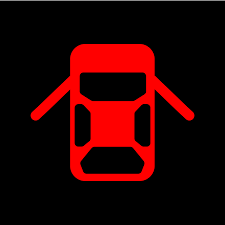
Door not fully closed. Stop, re-latch doors to prevent opening while driving.
Master Warning Triangle

Critical fault logged. Read cluster message and stop vehicle if advised.
Collision Alert
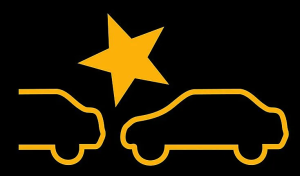
Imminent front collision detected. Brake hard immediately.
High Voltage Fault (Hybrid)
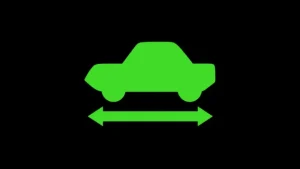
Electric system defect. Safely park, switch off, contact Ford service.
Parking Brake (Red “P”)
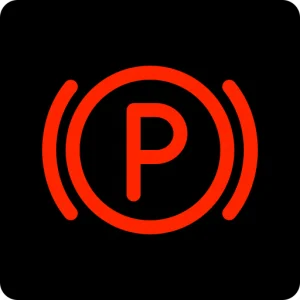
Electronic parking brake stuck. Avoid driving; get system inspected.
Yellow / Amber Lights (Action Required Soon)
Check Engine
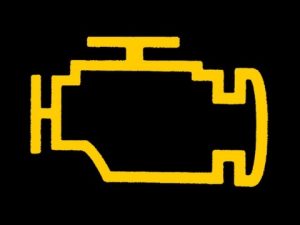
Emission or sensor issue. Drive gently, book service soon.
ABS
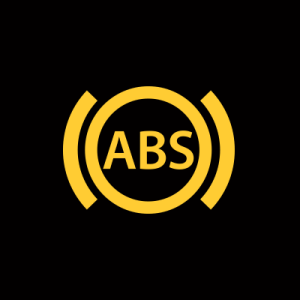
Anti-lock brake fault; brakes still work without ABS. Service promptly.
ESP / Traction Control
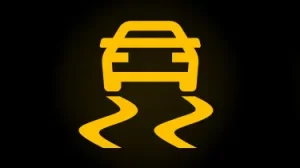
Stability system off or faulty. Extra care on bends; have it checked.
Tyre Pressure
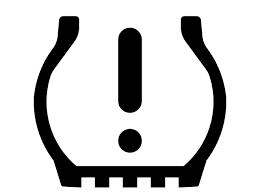
One or more tyres under-inflated. Inflate to spec and inspect for punctures.
Glow Plug (Diesel)

Pre-heat active or plug fault. Wait for light to go off before starting; service if flashing.
DPF Regeneration
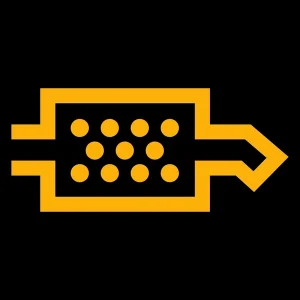
Diesel particulate filter clogged. Continue driving at 40 mph for 15 min or seek cleaning.
Fuel Low
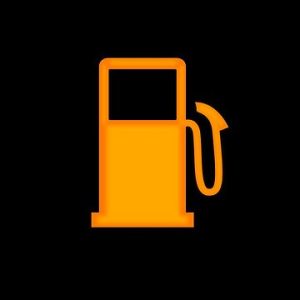
Range near zero. Refuel immediately to avoid stalling.
Service Reminder
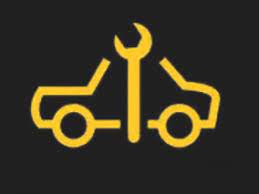
Scheduled maintenance due. Book service at next convenience.
Lane-Keep Alert
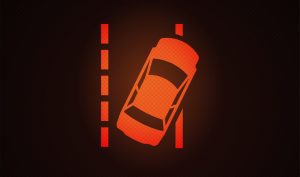
System disabled or fault. Manual steering only; recalibrate soon.
Hill-Start Assist Off
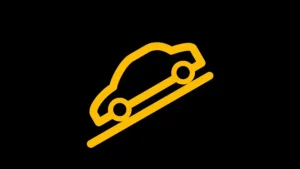
Feature unavailable. Use handbrake on slopes; get it checked if persistent.
Brake Pad Wear

Pads thin. Replace before metal-to-metal contact.
Green Lights (Information Only)
Indicators
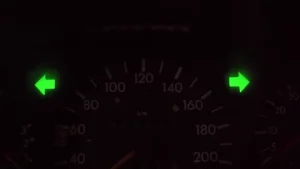
Turn signals active. Cancel after lane change.
Headlights On

Low beams engaged for night driving.
High Beam

Bright beam active; dim for oncoming traffic.
Front Fog Lamps

Fog lamps in use; switch off in clear weather.
Cruise Control Set
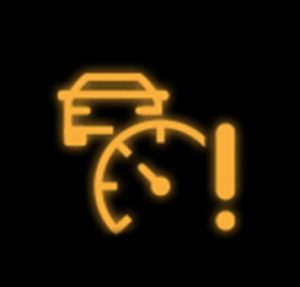
Vehicle maintaining chosen speed.
Speed Limiter Active
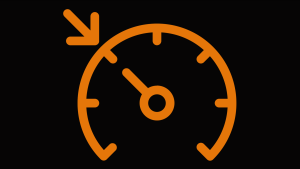
Car will not exceed set speed.
Auto Hold
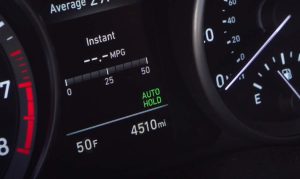
Brakes hold car stationary until accelerator pressed.
Eco Mode
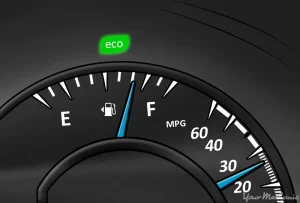
Fuel-saving program engaged for efficient driving.
Start-Stop Ready
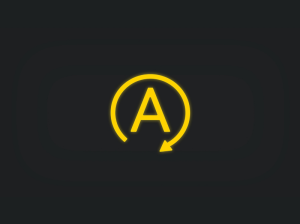
Engine will auto-stop at next halt to save fuel.
Regenerative Charge (Hybrid)
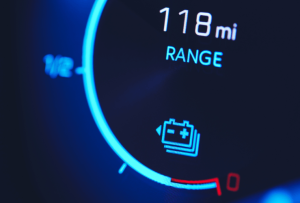
Battery being recharged during braking.
Normal Drive Mode
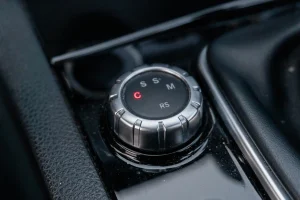
Standard powertrain settings selected.
Parking Sensors On
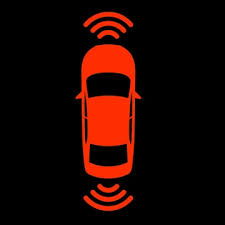
System listening for obstacles while manoeuvring.
Seat Heater On
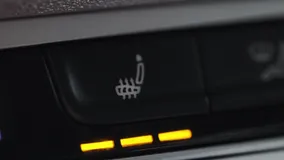
Seat warming active; tap button to adjust.
Windscreen Defrost
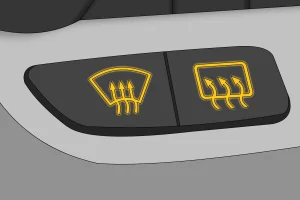
Front defroster running to clear glass.
When looking at Ford, make sure to check out our guides on models like the Ford Fusion, Ford F250, Ford Windstar, and Ford Freestar. Understanding dashboard warning lights is essential. Our expert reviews break down what each light means, highlighting common alerts for these models and what they could signal about underlying issues, so you’re never left guessing behind the wheel.

